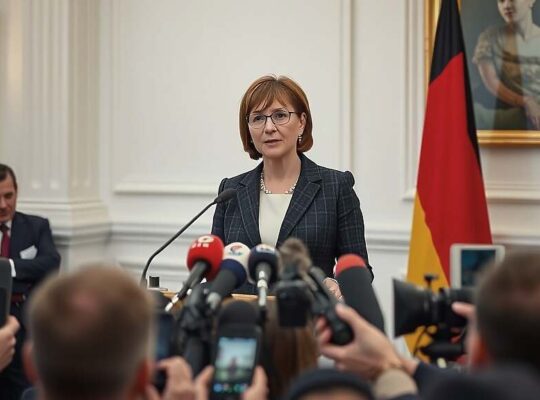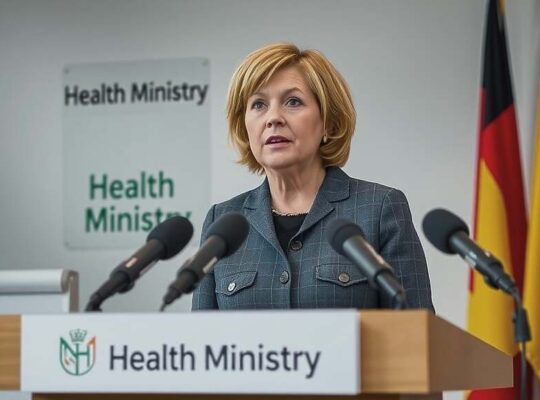The proposals put forward by German employers aimed at financially relieving the healthcare system are facing staunch criticism from the German Foundation for Patient Protection. Eugen Brysch, the foundation’s CEO, dismissed the plans as largely recycled ideas lacking substance, describing them as “bursting like soap bubbles upon closer inspection.
Central to the employer’s initiative is the suggested abolition of free health insurance coverage for spouses and a reintroduction of patient co-payments, a move Brysch vehemently opposed. He characterized the proposed contact fees for doctor’s visits as ineffective and generating unnecessary bureaucratic burdens, arguing their impact would be minimal and potentially detrimental to families. He questioned the practicality of eliminating spousal coverage, suggesting such a measure is increasingly out of sync with modern family structures.
Further proposed solutions, including a Value Added Tax (VAT) reduction on medications and healthcare products, or targeted tax credits for recipients of citizen’s income (Bürgergeld), have been deemed unrealistic by Brysch. He contends that the current budgetary constraints at the federal level render these suggestions non-viable, essentially undermining the employer’s savings goals.
Brysch also criticized the apparent lack of understanding amongst employers regarding existing transparency measures. He pointed out that all insured individuals already have access to detailed information on healthcare costs within their electronic patient records (ePa), suggesting the proposals fail to address the purported lack of cost awareness.
The foundation’s opposition highlights a growing political chasm regarding healthcare funding and reforms, with patient advocacy groups questioning the feasibility and fairness of employer-driven solutions. The debate over how to sustainably finance Germany’s healthcare system is likely to intensify as policymakers grapple with budgetary pressures and the evolving needs of the population.












